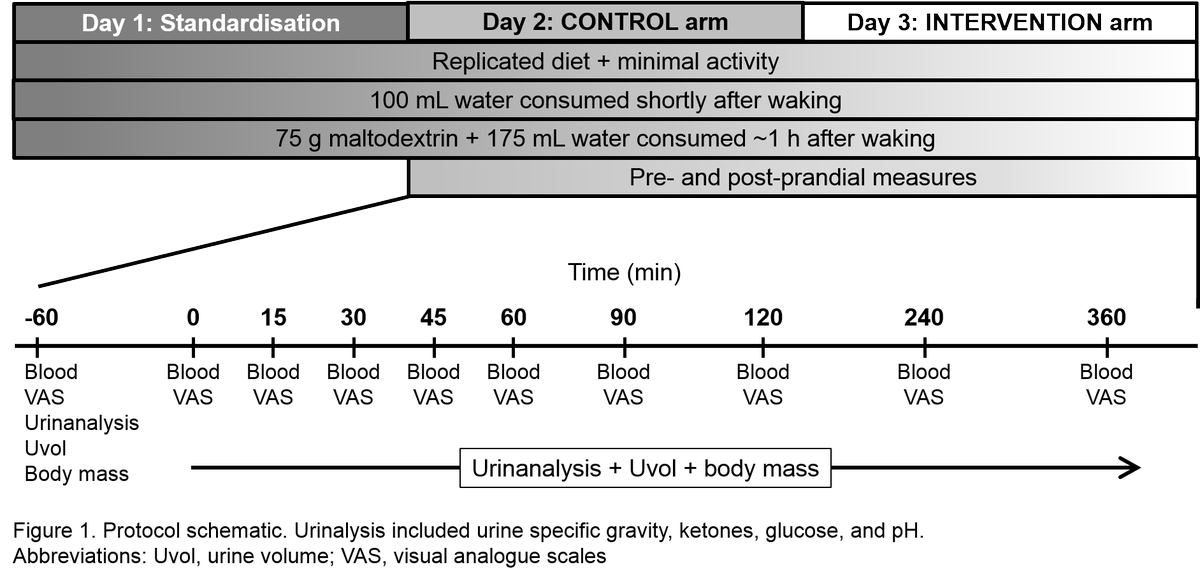
Harriet Carroll has only gone and written a book
11 Sep,
20 tweets, 8 min read
i promised in this thread i'd offer an idea of an alternative #academic #publishing model, so here it is. be prepared, changing to this would require some seriously radical change... 1/17
#AcademicChatter #academicpublishing #academicjournals #peerreview #ecrchat #openaccess
#AcademicChatter #academicpublishing #academicjournals #peerreview #ecrchat #openaccess
https://twitter.com/angryhacademic/status/1281274843263008768
i outlined in the thread linked above MANY flaws with academic publishing, so let's completely get rid of the current system.
in its place we have one global central database, funded by governments/unis collectively 2/17
in its place we have one global central database, funded by governments/unis collectively 2/17
everything gets uploaded to this database. this is our new single journal.
articles can be rolling, so they can be registered reports, the final piece, or you can add new data if you analyse more stuff. its flexible. 3/17
articles can be rolling, so they can be registered reports, the final piece, or you can add new data if you analyse more stuff. its flexible. 3/17
within the submission, you select which fields (plural) it comes under (e.g. nutrition + physiology + psychology) plus key methodology(ies) used (e.g. RCT, cross-sectional observational, human)
the former primarily helps you use the database to find what youre interested in,4/17
the former primarily helps you use the database to find what youre interested in,4/17
whilst the latter provides additional support for things like meta-analyses. of course, both fields would probably help in both tasks. this cross-referencing will be particularly useful as we are currently leaning towards more interdisciplinary methods 5/17
again these options would be malleable, you might have subfields (e.g. hydration, breakfast, meal-timing, fasting) and these can naturally evolve as necessary. you can add new classifications to your publications 6/17
#peerreview would occur. i propose that we have editors and peer reviewers whose job it is to edit/review (full or part time). payment for this would be accounted for in the central costs. again, this is flexible and others can be called into review (and paid to do so) 7/17
all reviewers (internal and external) would be part of a database of trained reviewers, with their relevant expertise. reviews are checked for inappropriate comments and reviewers can be removed from the database of reviewers if needed 8/17
reviews would be done by several reviewers with expertise in specific fields. so my paper looking at hydration & blood sugar would potentially be reviewed by:
a statistician
a methodologist
a hydration scientist
a physiologist with expertise in metabolism
9/17
a statistician
a methodologist
a hydration scientist
a physiologist with expertise in metabolism
9/17
and a linguist (so everyone can get proper support for english)
once the system is properly running, all this should occur as a registered report, so the research can get done to the best standards (i.e. no obvious problems with methods etc) 10/17
once the system is properly running, all this should occur as a registered report, so the research can get done to the best standards (i.e. no obvious problems with methods etc) 10/17
upon reviewing/editing, editors make the *initial* accept/reject decision.
if accept --> congrats your paper is published on the database & you have a publication
if reject --> your paper is still published for everyone to access, but would be clearly marked as archived 11/17
if accept --> congrats your paper is published on the database & you have a publication
if reject --> your paper is still published for everyone to access, but would be clearly marked as archived 11/17
or something to show it didnt pass peer review. if this is the case, youre not allowed to put this as a publication on your CV etc
the reason it is important others still have access to this is because it might have been rejected for a valid reason & we dont wants others
12/17
the reason it is important others still have access to this is because it might have been rejected for a valid reason & we dont wants others
12/17
to make those mistakes.
***publishing rejections additionally removes publication bias***
BUT, again, the system is flexible!
once a paper is published/archived, post-publication review occurs. if collectively others feel the paper should be moved into/out of archive, 13/17
***publishing rejections additionally removes publication bias***
BUT, again, the system is flexible!
once a paper is published/archived, post-publication review occurs. if collectively others feel the paper should be moved into/out of archive, 13/17
an open discussion can occur & publication status can change (easily).
now im not saying this is PERFECT, nor do i think this idea is complete, many creases/details still to iron out. academics in my experience often use "this isnt perfect" as an excuse to take no action 14/17
now im not saying this is PERFECT, nor do i think this idea is complete, many creases/details still to iron out. academics in my experience often use "this isnt perfect" as an excuse to take no action 14/17
considering ALL the problems i highlighted in my original thread about why i am rejecting academic journals, i feel this alternative system takes the few merits of the current system but adds flexibility, principles of open science, reduces costs, removes profit incentives, 15/17
& offers a clean interface for literature searching
the trouble is that this would be hard (impossible?) to pilot, so no one will bite the bullet.
but that is my imperfect, incomplete idea 16/17
the trouble is that this would be hard (impossible?) to pilot, so no one will bite the bullet.
but that is my imperfect, incomplete idea 16/17
comments/critiques welcome, but i do not have all the answers 17/17
#AcademicTwitter #brokenacademia #peerReviewer #openaccess #openscience @SciOpenness
@UKRI_News @wellcometrust @mariecurieuk @nature @PLOS @NEJM etc - please read, you have power to change the system
#AcademicTwitter #brokenacademia #peerReviewer #openaccess #openscience @SciOpenness
@UKRI_News @wellcometrust @mariecurieuk @nature @PLOS @NEJM etc - please read, you have power to change the system
post-hoc thought: having a single journal would mean we could in theory have a single recommended formatting style and referencing system (or like 3 options you can choose from). HOW MUCH TIME AND FAFF WOULD THAT SAVE?!
imagine getting rejected and not have to waste 6 months resubmitting to 7 other journals?! ah-may-zing!
there would be incentive to do good science as everything will be published, and with registered reports and similar checks in place you cant hide your null findings, so you best be proud of your robust methodology
• • •
Missing some Tweet in this thread? You can try to
force a refresh





